Author: John Warhurst
There are more than 200 results, only the first 200 are displayed here.
-
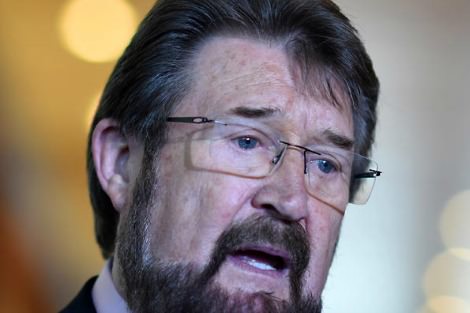
AUSTRALIA
- John Warhurst
- 05 December 2016
4 Comments
To say the Senate cross bench is a mixed bag is an understatement. All that is really lacking is an extreme left senator unrestrained by Labor/Green discipline. Amid all the controversy I've grown comfortable with their place in the Senate and appreciative of their collective presence in an otherwise party dominated chamber. They each have their flaws, but they make a generally positive contribution to public discussion and to ultimate legislative outcomes. We are better off for their presence.
READ MORE 
-
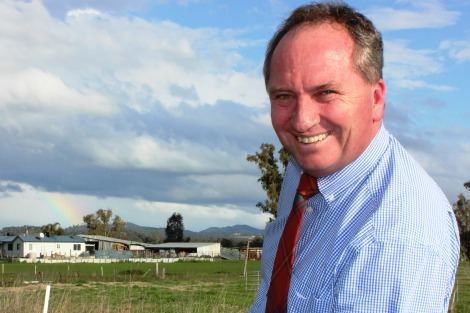
AUSTRALIA
- John Warhurst
- 31 October 2016
13 Comments
The Nationals are the under-rated story within the Turnbull government. From the moment the party negotiated its binding agreement with Malcolm Turnbull, it has stood strong and determined. After about 30 years the Greens are still finding their way and learning their trade. They remain the outsiders looking in, whereas the Nationals are the ultimate insiders. Perhaps the Greens try too hard to be responsible, and would benefit from a dose of some of the larrikinism which the Nationals offer.
READ MORE 
-
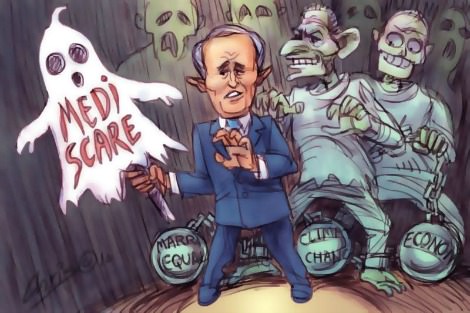
AUSTRALIA
- John Warhurst
- 03 October 2016
5 Comments
The main message of the 2016 election review delivered recently at the National Press Club by Tony Nutt, the federal director of the Liberal Party, was that Turnbull only failed to have a convincing victory because of the 'Mediscare' by the Labor Party. It is a message that deflects attention from the current and past weaknesses of the government and the prime minister. It is like a football coach who after a loss or a narrow win blames his team's performance on the dirty tactics of the opposition.
READ MORE 
-

AUSTRALIA
- John Warhurst
- 31 August 2016
17 Comments
If the plebiscite bill is defeated in parliament Labor, the Greens and Nick Xenophon will bear responsibility for not taking the opportunity offered even if it is in their view a second-best option. The government is already labelling them as same sex marriage wreckers. Yet if before too long a parliamentary alternative, such as a free vote, is found to advance the cause of same sex marriage then the rejection of the plebiscite option will come to be applauded as a master stroke.
READ MORE 
-

AUSTRALIA
- John Warhurst
- 02 August 2016
6 Comments
Turnbull had hoped to bring about a new Senate with most of the 'troublemakers' gone. But the new cross-bench seems certain to be both larger and more diverse. Commentary since the election has concentrated primarily on how the numbers in the new Senate will make it difficult for Turnbull. A better focus would be to look back at Senate-government interaction over the past two years for some positive lessons for Turnbull about what actually happened. It was not just a numbers game.
READ MORE 
-
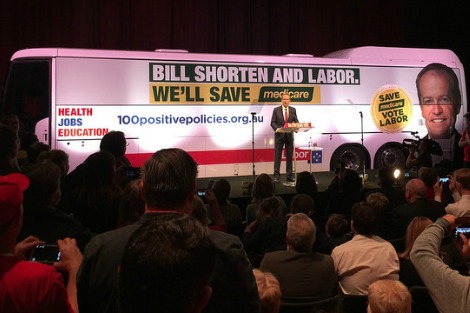
AUSTRALIA
- John Warhurst
- 05 July 2016
8 Comments
Turnbull's most pressing decision if he is returned will be what to do with Abbott, whether to bring him back into the ministry or leave him on the backbench with the promise of a future diplomatic posting. He will need to renegotiate the Coalition agreement with the Nationals from a position of weakness and in the context of both these decisions begin to think about what to do with the big issues of climate change, asylum seekers aand same sex marriage. He must not just gird his loins for many tough battles but recognise that the battlelines have been re-set to his disadvantage.
READ MORE 
-

AUSTRALIA
- John Warhurst
- 31 May 2016
16 Comments
When the big parties condemn the idea of a hung parliament it is just self-interest, as when both Malcolm Turnbull and Bill Shorten expressed their horror at the prospect of any sort of alliance with the Greens. It was surprising that Shorten missed the opportunity to defend the legacy of the Gillard government, a successful minority government which executed a considerable legislative program. If he allows 2007-13 to be portrayed as disaster years it will hurt his chances of becoming prime minister.
READ MORE 
-
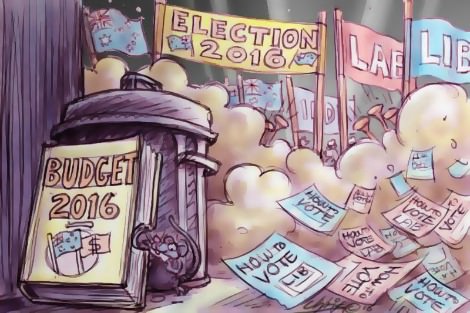
AUSTRALIA
- John Warhurst
- 06 May 2016
12 Comments
It was a political budget in a special sense, given the forthcoming election. Yet it turned out to be neither an election-winning nor election-losing budget. It was more continuity than change. In that sense it probably was the best the government could hope for given the nation's economic and financial circumstances. However it falls far short of the sort of budget that might have been expected from a prime minister like Malcolm Turnbull whose image is one off a 'big picture man'.
READ MORE 
-
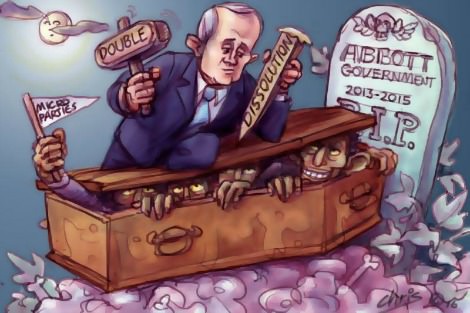
AUSTRALIA
- John Warhurst
- 24 March 2016
4 Comments
Media reaction to Malcolm Turnbull's decision to recall Parliament on 18 April was remarkably glowing. The move was acclaimed as a masterstroke and his decisiveness applauded. However the path Turnbull has laid out and the roadblocks that still remain is actually more complex. His plan may be too clever by half, and reflects a misreading of the nature of modern Liberal factional politics. His internal conservative party opponents are cultural warriors, not old-style economic advocates.
READ MORE 
-
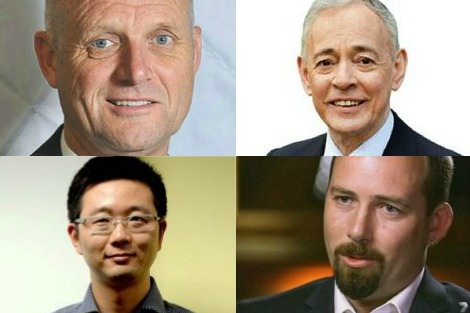
AUSTRALIA
- John Warhurst
- 01 March 2016
11 Comments
The government, the Greens, and Senator Nick Xenophon want to keep the debate about electoral justice as narrow as possible because they are offering some technical improvements. But they shouldn't be allowed to rush their reforms, which must be separated from the idea of a double dissolution election driven by a determination to cut short the terms of sitting micro-party senators. The anti-major party feeling among a significant minority of voters cannot just be condemned as mere populism.
READ MORE 
-
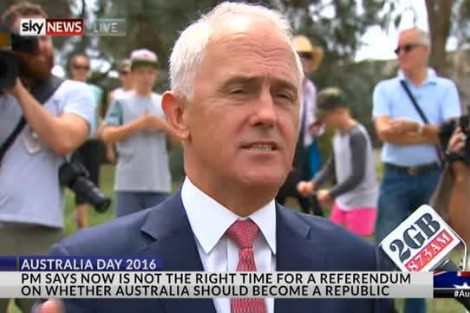
AUSTRALIA
- John Warhurst
- 02 February 2016
22 Comments
It is understandable that Turnbull sees no benefit in a second heroic failure caused by moving too soon. But political leaders who wait for overwhelming popular support are self-serving, because top-down support is needed for success. While January brought unprecedented approval from political leaders and the support of the Australian of the Year, the Australian Republican Movement must continue to be energetic and ambitious, and meet Turnbull's challenge to become still larger and more popular.
READ MORE 
-

AUSTRALIA
- John Warhurst
- 01 December 2015
9 Comments
Historically, it was Labor that was dogged by splits and ideologues, while the Liberals were perceived as practical. But the ideological chasm between Abbott and Turnbull suggests the Liberals are now a broader church than Labor. The party's ideological and factional conflict will continue unabated as the government contemplates the two big public debates of its next term: a referendum on constitutional recognition of Aborigines and Torres Strait Islanders and a plebiscite on same sex marriage.
READ MORE 